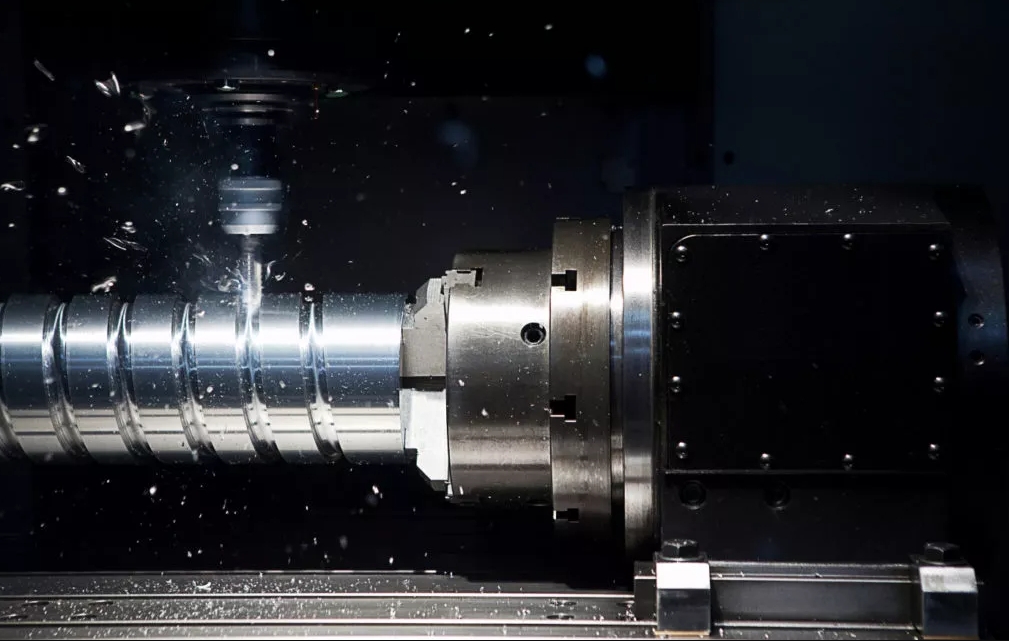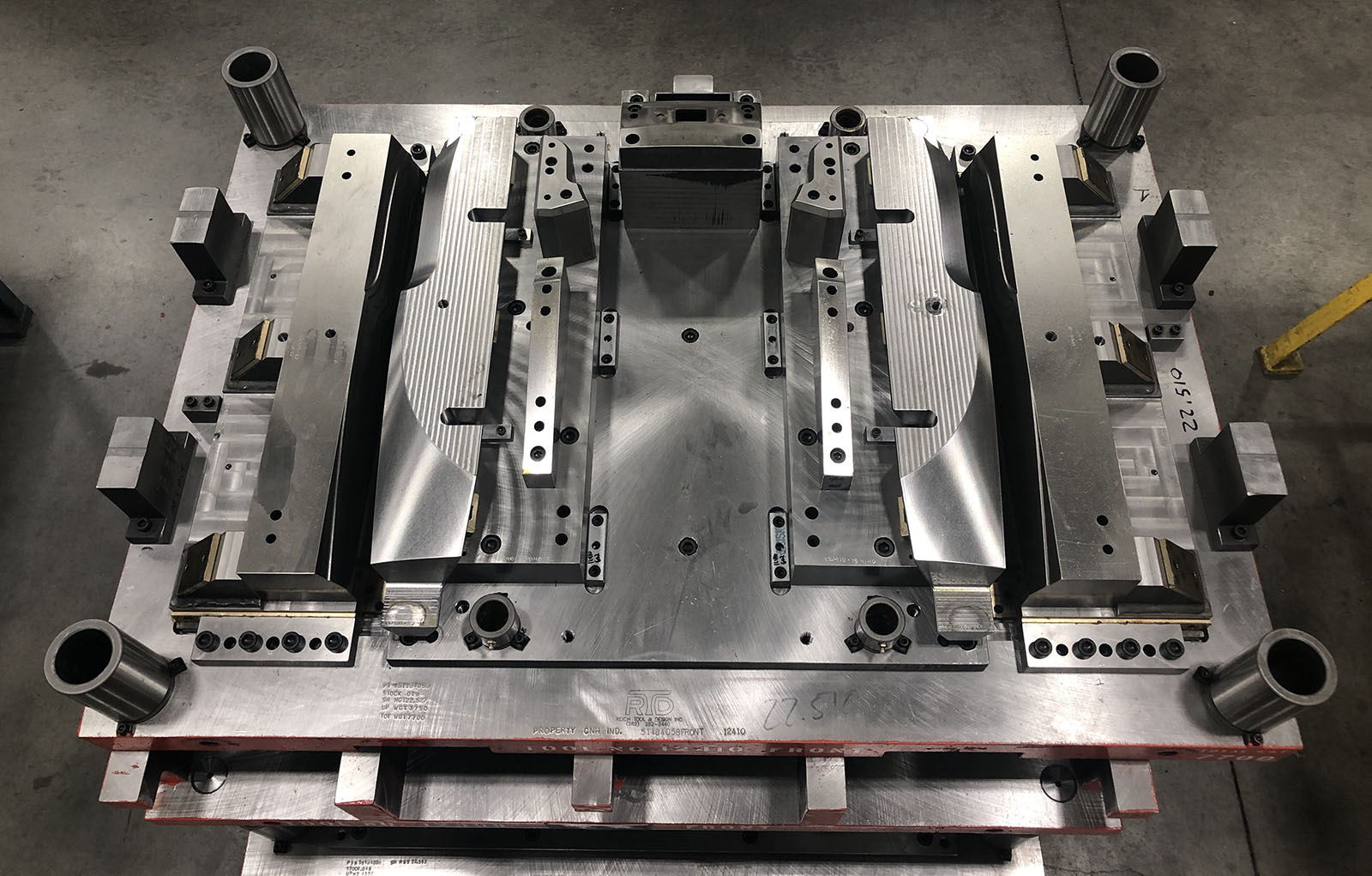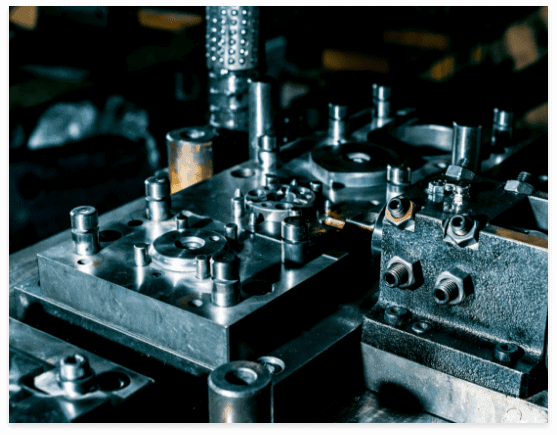With the development of the domestic hardware stamping parts industry, competition from various provinces has become increasingly fierce. Disorderly competition in the hardware stamping parts industry has begun to appear, and the disadvantages of low cost, low product structure and low technical content of hardware have become increasingly apparent. At present, from a general point of view, my country can only be called a major producer of hardware stamping parts processing molds, but not a strong producer. There is still a gap of 10 to 15 years between its products and those of developed countries. At present, it is still dominated by medium and low-end products. In recent years, my country’s mold industry will continue to grow rapidly while showing the following characteristics: products continue to develop in the direction of larger, more precise, complex and economical, the technical content will continue to increase, the manufacturing cycle will continue to shorten, and the production of hardware stamping parts processing molds will continue to develop in the direction of informatization, digitization, refinement, high speed and automation. Enterprises will further enhance their comprehensive strength and core competitiveness in all aspects.
The hardness test of metal stamping parts adopts Rockwell hardness tester. Small stamping parts with complex shapes can be used to test the surface that is difficult to test on ordinary desktop Rockwell hardness tester. Stamping parts processing includes punching, bending, drawing, forming, finishing and other processes. The materials processed by stamping parts are mainly hot-rolled or cold-rolled (mainly cold-rolled) metal strip materials, such as carbon plate, alloy steel plate, spring steel plate, galvanized plate, tin plate, stainless steel plate, copper and copper alloy plate, aluminum and aluminum alloy plate, etc.
Portable surface Rockwell hardness tester is very suitable for testing the hardness of these stamping parts. Alloy stamping parts are the most commonly used parts in metal processing and mechanical manufacturing. Stamping parts processing is a processing method that uses molds to separate or form metal strips. Its application range is very wide. The main purpose of hardness testing of stamping materials is to determine whether the annealing degree of the purchased metal sheet is suitable for the subsequent stamping processing. Different types of stamping processing require steels of different hardness levels. Aluminum alloy plates used for stamping processing can be tested with a Webster hardness tester. When the material thickness is greater than 13mm, a Barcol hardness tester can be used. Pure Lu plates or low-hardness aluminum alloy plates should use a Barcol hardness tester. In the stamping industry, stampings are sometimes also called sheet forming, but there is a slight difference. The so-called sheet forming refers to the use of sheets, thin-walled tubes, thin-shaped materials, etc. as raw materials. The forming method of plastic processing is collectively referred to as sheet forming. At this time, the deformation in the direction of the thick plate is generally not considered.




